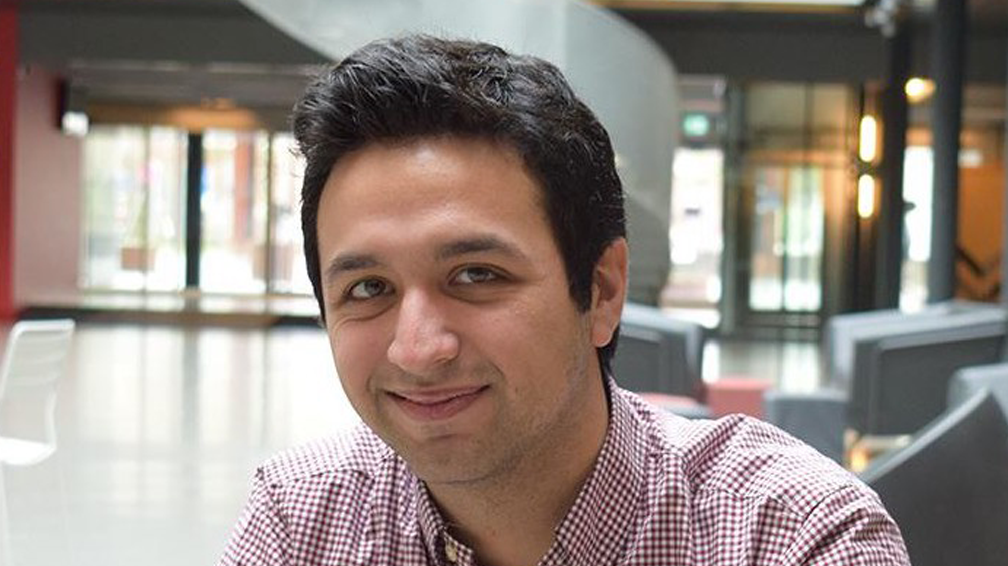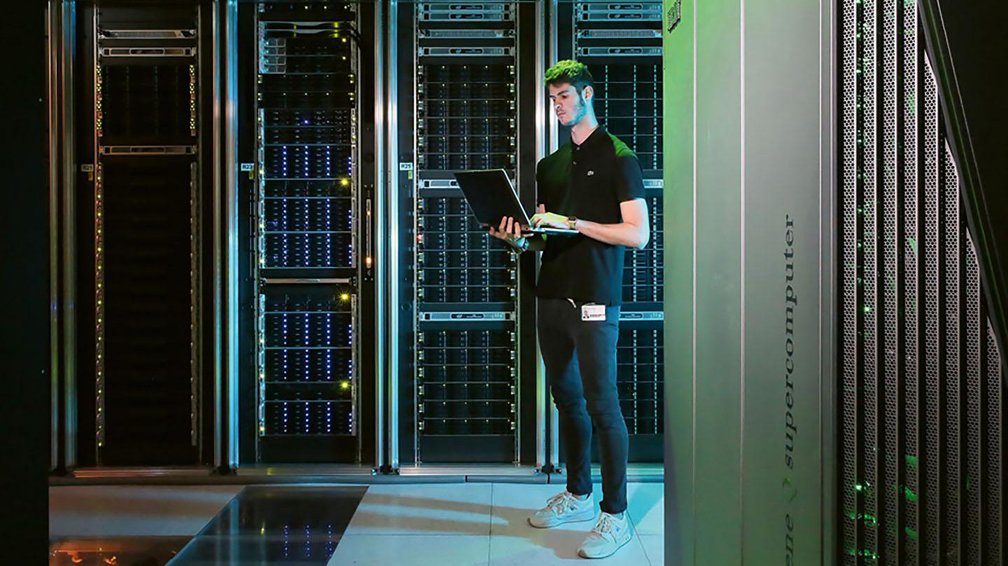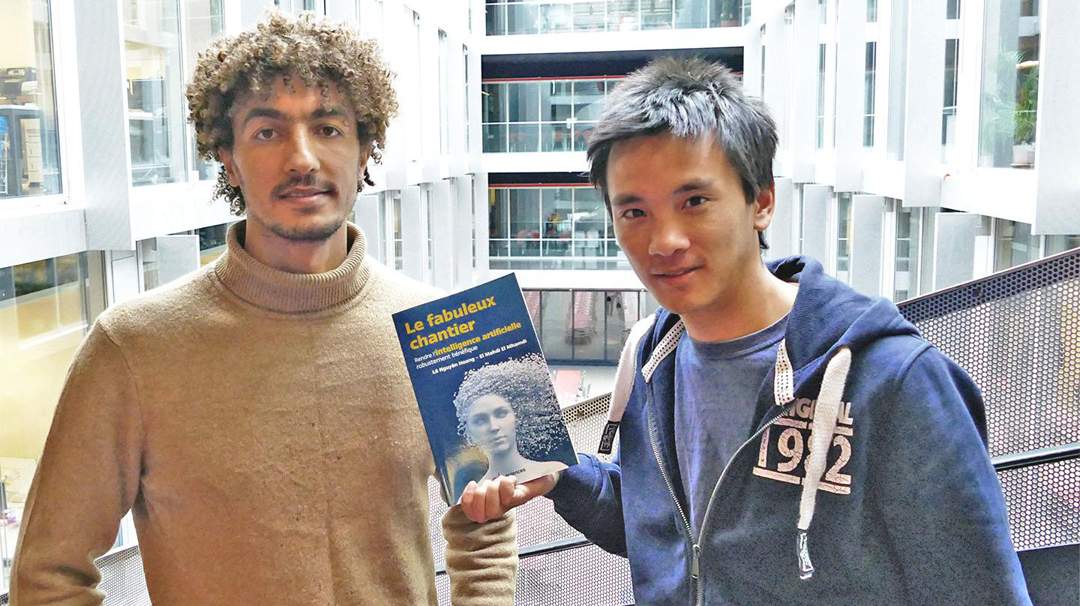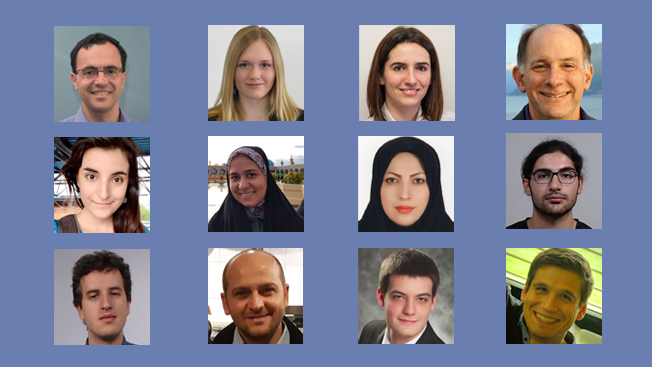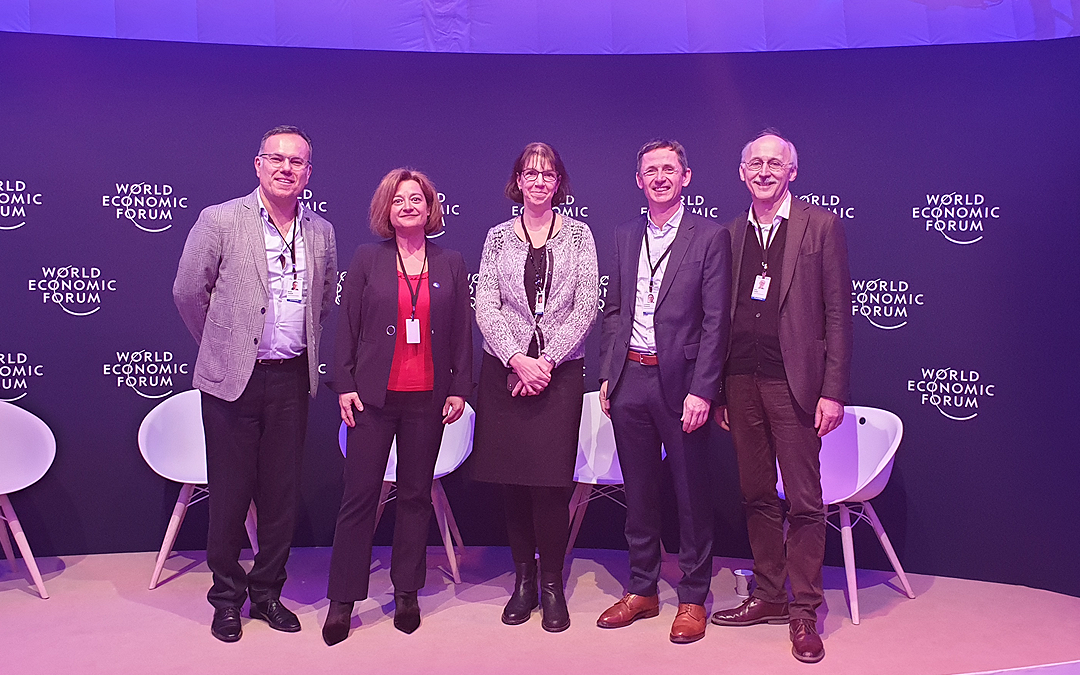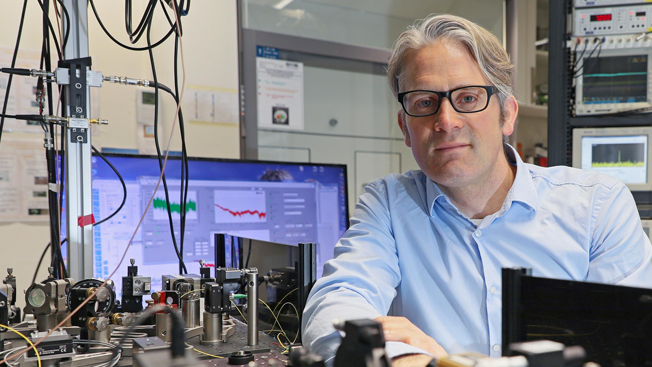The Facebook Fellowship Program, initiated in 2013 and awarded in 21 different categories, encourages and supports doctoral students who are engaged in innovative research on computer science, engineering, and allied domains. The winners for 2020 have been announced, and they include the first-ever awardees from EPFL. Panagiotis Sioulas and Merlin Nimier-David, both PhD students at the School of Computer and Communication Sciences, are winners in the categories of Structured Data Stores and Computer Graphics respectively.
Read MoreNews
Computer Science at EPFL: James Larus Charts the Future
Computer Science is taking rapid strides in realigning itself to advancing technologies. It is beginning to emerge from the cocoon of traditional research to address new challenges posed by avant-garde technologies. In an article published in EPFL Magazine in December 2019, School of Computer and Communication Sciences (IC) Dean James Larus recorded his candid observations on the current status of the discipline at EPFL and the way forward.
Read MoreEPFL Scientists Call for Ethical Framework to Govern Algorithms
Most discourses on the risks of Artificial Intelligence tend to focus on tech applications that are in the future horizon. The preoccupation with perceived threats such as sentient robots and AI consciousness takes away attention from AI-related issues that are already in the present, affecting simple daily activities such as reading the news, watching YouTube, or using a smartphone app. As School of Computer and Communication Sciences (IC) researchers Lê Nguyên Hoang and El Mahdi El Mhamdi emphasize in their new book, there is an urgent need to restate ethical questions related to algorithms in computational terms.
Read MoreEPFL at FPGA 2020
Seaside in Monterey County, California, will host the 28th ACM/SIGDA International Symposium on Field-Programmable Gate Arrays (FPGA) between February 23 and 25 this year. Recognized as the premier conference for advances in FPGA technology, the symposium draws research papers, tutorial papers on emerging applications and methodologies, and panel discussion proposals. Among the papers being presented at FPGA 2020 are several original submissions and a tutorial paper by computer scientists at EPFL, which comprise a very good representation at the prestigious global event.
Read MoreJames Larus appointed EPFL IRGC Academic Director
Since its establishment in 2016, the EPFL International Risk Governance Center (IRGC) has not only drawn attention to increasingly complex risks that affect society, but also developed mitigation strategies for perceived risks. Given its fundamental role in the risk governance framework at EPFL, the appointment of James Larus, Dean of the School of Computer and Communication Sciences, assumes great significance.
Read MoreAlliance Announces the First Datacenter Efficiency Label
Academia and industry leaders have come together to form the Swiss Datacenter Efficiency Association (SDEA) and announce the first datacenter efficiency label that aims to decarbonize datacenters and significantly reduce energy consumption on data platforms and infrastructures. It has École Polytechnique Fédérale de Lausanne (EPFL) as one of its founding members.
Read MoreTobias Kippenberg in “Who’s Who” List of Influential Researchers
The much anticipated list of Highly Cited Researchers for 2019 is out. Published annually by the Web of Science Group, a Clarivate Analytics company, the list, generally known as the Thomson Reuters list of Highly Cited Researchers, includes scientists who produced multiple papers ranking in the top 1% by citations for their field and year of publication. Among them is Tobias Kippenberg, Full Professor at EPFL’s Institute of Physics and Electrical Engineering and head of the Laboratory of Photonics and Quantum Measurements (K-Lab).
Read MoreTobias Kippenberg Joins EcoCloud
EcoCloud welcomes Tobias J. Kippenberg, professor at EPFL’s Laboratory of Photonics and Quantum Measurements (K-Lab), among its faculty.
Read MoreMultiSan: Enhancing Software Security through “Code Sanitization” Approach
The findings of the research project–including prototypes, benchmarks, and code—will be available as open source releases. That would enable the research community to build on the findings and further improve them over time. Conversely, the end users or developers can access the documentation, reports, and prototypes produced during the research to protect their code.
Read MoreEPFL Team Proposes Novel Analog DNN Circuit
The research team plans to extend the precision of their weight generator circuit to support DNN applications that require weight precision higher than 4 bits. They are also exploring different types of digital-to-analog converter types for their weight generator circuit. Although the proposed circuit is applicable to any type of neural network, the EPFL researchers aim to benchmark their design with a recurrent neural network (RNN) workload and achieve a significant improvement in performance and energy-efficiency.
Read More